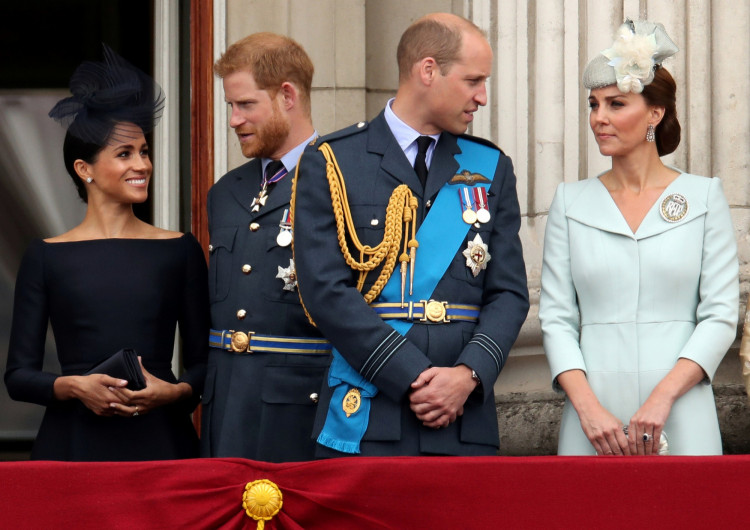The rift within Britain's royal family deepens as Prince Harry demands apologies from King Charles and Prince William for childhood grievances and the treatment of his wife, Meghan Markle. His insistence on acknowledgment and remorse, detailed in his memoir "Spare," has stirred discussions among royal experts and the public about reconciliation and the path forward for the fractured family.
In "Spare," Harry refers to his brother William as his "archnemesis," revealing the depth of their strained relationship. The demands for apologies, as noted by royal biographer Angela Levin, span back to their childhood, illustrating the long-standing nature of Harry's grievances.
"He's got to apologize hugely, and he's also got to compromise," Levin remarked on Sky News Australia. "He won't compromise - he keeps saying he wants the King and Prince William to apologize for things going right back to childhood when William got five sausages and he got four."
The insistence on apologies for perceived slights extends to the treatment of Meghan by the British press, with Harry seeking recognition of the hardships she faced. However, the likelihood of his family acquiescing to these demands seems slim.
Royal editor Richard Eden emphasizes that "before forgiveness there needs to be repentance," suggesting that the Duke and Duchess of Sussex must also be willing to make amends.
Meanwhile, the ongoing rift continues to overshadow the royal family's public image. Commentator Katie Nicholl expressed a widespread desire for reconciliation, stating, "Everyone wants to see a repair in the rift because it doesn't do anyone any good to have this rift in the heart of the House of Windsor." Yet, she also acknowledged the challenges ahead, noting that true reconciliation would require time and effort from both sides.
As the royal family navigates this turbulent period, the public's fascination with the saga remains high. The story of a prince seeking apologies and acknowledgment from his royal kin not only captivates those interested in the monarchy but also reflects broader themes of family, forgiveness, and the quest for personal healing. Whether this rift can be mended remains to be seen, but it's clear that the path to reconciliation is fraught with emotional complexity and deep-seated historical grievances.





